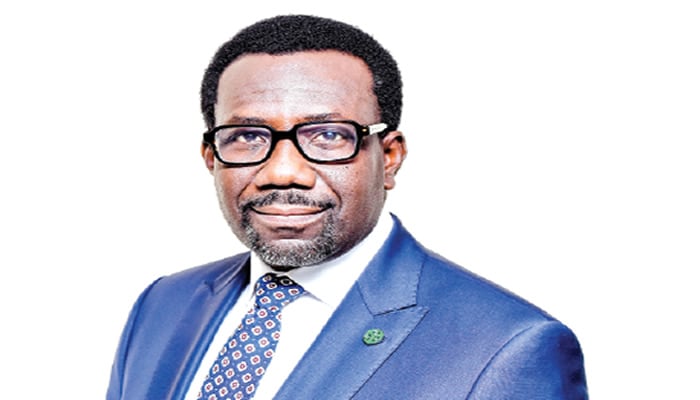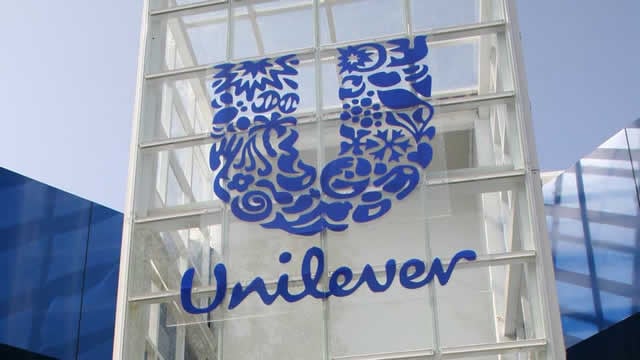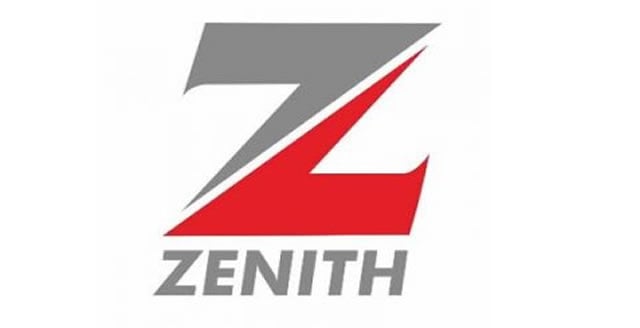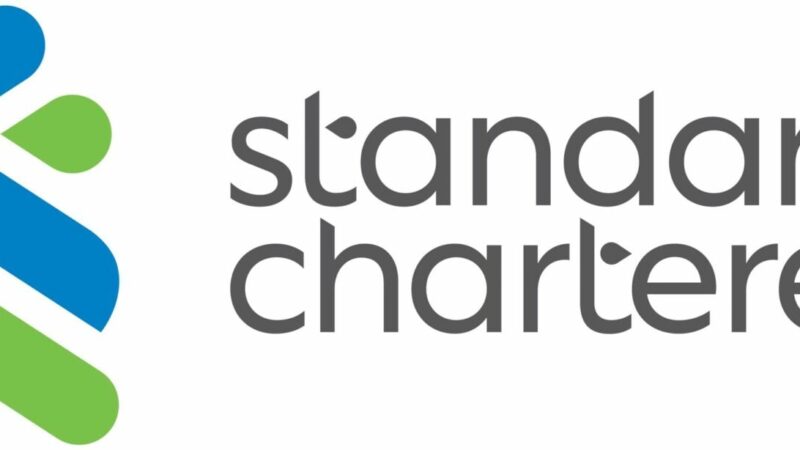‘N1.1tr Sovereign Sukuk issued for infrastructure since 2017’
 The Securities and Exchange Commission (SEC) has disclosed that the Federal Government of Nigeria has issued six Sovereign Sukuk bonds worth N1.1 trillion ($657.6 million) since 2017.
The Securities and Exchange Commission (SEC) has disclosed that the Federal Government of Nigeria has issued six Sovereign Sukuk bonds worth N1.1 trillion ($657.6 million) since 2017.
Proceeds from these bonds issuances were used to finance 124 federal road projects spanning over 5,820 kilometers across Nigeria’s six geopolitical zones.
This revelation was made by the SEC Director General, Dr. Emomotimi Agama, at the 2nd International Islamic Capital Market (ICM) Conference in Karachi on Thursday.
A statement from the SEC said Dr. Agama was happy with the subscription rates of Nigeria’s sovereign Sukuk, which have reached as high as 441 percent, showing the resilience and innovation of the ICM as a resource mobilization tool.
Dr. Agama attributed the growth of Nigeria’s Islamic Capital Market to the successful issuance of sovereign Sukuk and the increasing involvement of sub-national and corporate entities.
He noted that states like Osun and Lagos, alongside corporate entities such as Family Homes Ltd and TAJ Bank Plc, have utilized Sukuk to fund school infrastructure, housing projects, and bank capital—demonstrating the versatility of these instruments.
“These instruments have been instrumental in funding critical infrastructure and innovative projects, such as tier-1 capital for a bank, a first in Nigeria,” Dr. Agama said.
Beyond Sukuk, the ICM in Nigeria has diversified significantly. With just one registered fund in 2008, the segment now boasts 14 Halal mutual funds with a combined net asset value exceeding N105 billion as of November 2024.
The NGX Lotus Islamic Index, which tracks 11 Shariah-compliant equities, and Nigeria’s first Islamic Real Estate Investment Trust (ChapelHill N-REIT) further highlight the expanding opportunities in the sector.
Dr. Agama identified several factors fueling the growth of Nigeria’s Islamic finance industry. Globally, economic diversification efforts, regulatory support, and demographic trends are increasing demand for Shariah-compliant products. Locally, Nigeria’s large Muslim population, government-backed Sukuk initiatives, and growing investor awareness have strengthened the market expansion.
Agama added that, fintech innovations are transforming the landscape. In 2022, the SEC registered Nigeria’s first Robo advisory firm focused on Shariah-compliant investments, expanding accessibility and participation.
Dr. Agama noted that the success of the ICM is rooted in its alignment with Nigeria’s infrastructure financing, financial inclusion, and sustainability goals.
He traced this focus to 2004, when the SEC joined the Islamic Finance Task Force of the International Organization of Securities Commissions (IOSCO). The subsequent issuance of Islamic fund and Sukuk rules in 2010 and 2013, respectively, laid the groundwork for the Non-Interest Capital Market Master Plan (NICMMP) 2015–2025.
The NICMMP envisions the ICM contributing 25 percent of Nigeria’s total market capitalization by 2025, with Sukuk accounting for 15 percent. A 2021 review of the master plan targeted 50 Shariah-compliant product listings with a market capitalization of at least N5 trillion ($11 billion) by 2025.
“The performance of the NICMMP has been remarkable, with 70% of its initiatives fully implemented by 2022. These include improved public awareness, increased retail participation in Sukuk, and the introduction of the Non-Interest Pension Fund (Fund VI) in collaboration with PenCom,” Dr. Agama stated.
Despite its successes, Nigeria’s Islamic finance sector faces challenges, including limited public awareness, a lack of tradable instruments, and the need for greater regulatory alignment. To address these, the SEC is focusing on capacity-building in Shariah governance, compliance, and collaboration with stakeholders to develop innovative Shariah-compliant instruments.
Dr. Agama revealed ongoing efforts to engage stakeholders in the mortgage sector to create Shariah-compliant housing finance solutions, which could catalyze the development of asset-backed instruments and deepen the market.
As Islamic finance continues to address Nigeria’s infrastructure deficit, financial exclusion, and ethical investment needs, Dr. Agama urged domestic and international investors to seize opportunities in the sector.
“This is the time to stake positions that will produce competitive returns while satisfying ethical and sustainability concerns. The table is set for investing, and foreign participants should align with domestic trends,” he said.







